
The antidote to climate dread
There have long been concerns in the climate science community about possible public “fatigue” at being bombarded with dire news of the worsening climate, and having this lead to widespread dread or overwhelm, which can create an emotional barrier to actually taking action.
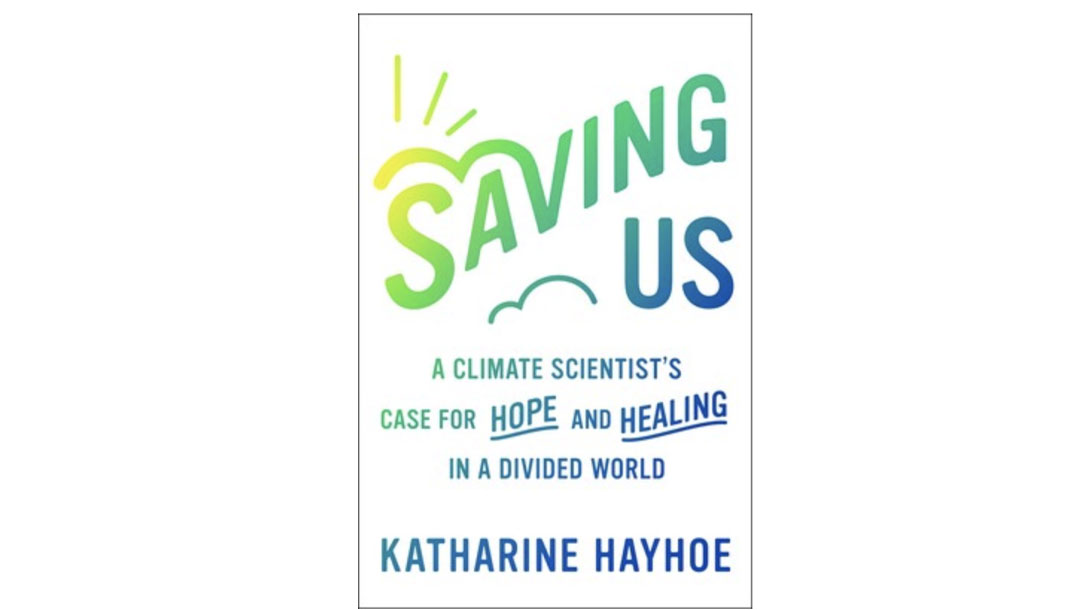
Good read: Katharine Hayhoe’s “Saving Us”
“When it comes to climate impacts and climate action, there is a narrow path between despair and hope.”
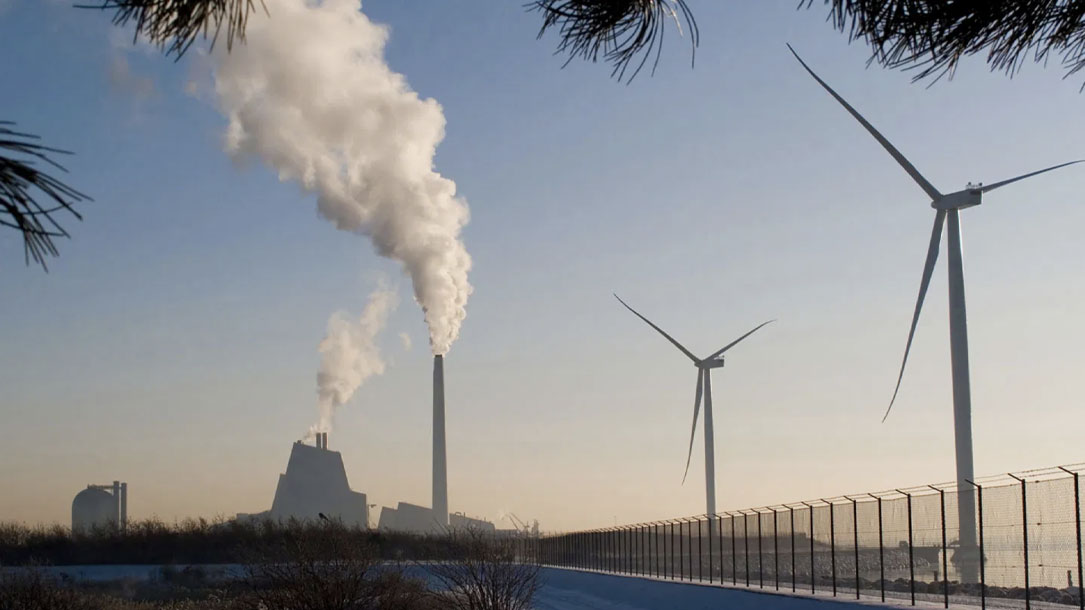
Greens: Divided on ‘clean’ energy? Or closer than they appear?
Solar, wind, and geothermal sources currently account for just 11% of U.S. electricity, with another 7% from hydroelectric dams, 20% from nuclear, 19% from coal, and 40% from gas. A host of energy modeling studies have concluded that renewable energy could be scaled up to supply 80-90% of U.S. electricity demand, but meeting the final 10-20% is exceedingly challenging.
The 2035 report by the UC Berkeley Goldman School of Public Policy estimated that the U.S. could achieve 90% emissions-free electricity by 2035, including 70% from wind and solar with batteries, 20% from nuclear, and 10% from gas…
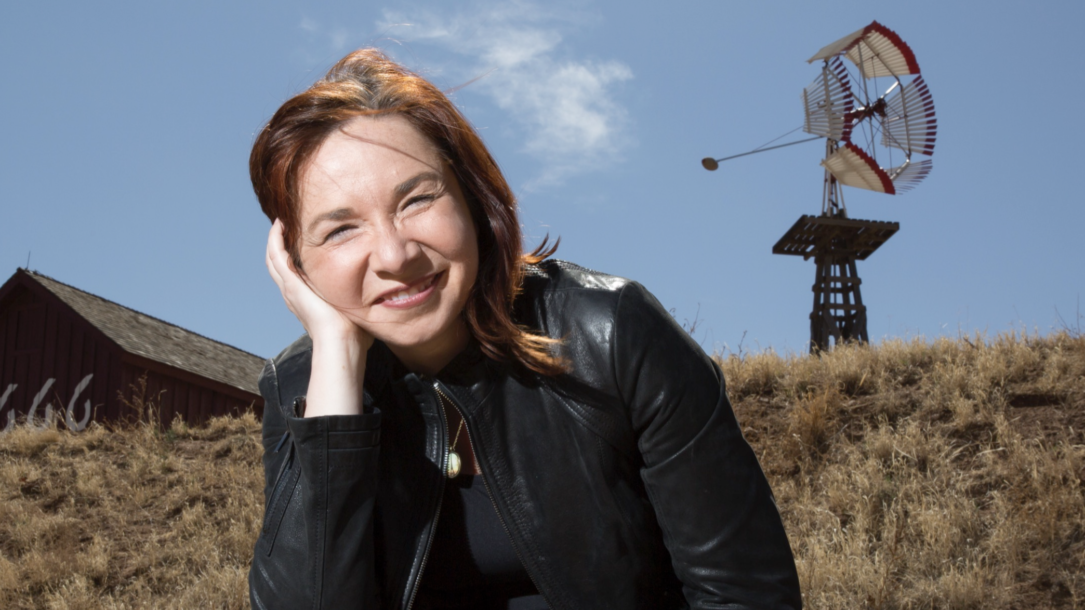
Glasgow Calling: In a crucial year for climate, The Nature Conservancy appoints renowned climate scientist and communicator Professor Katharine Hayhoe
Riding a wave of optimism about renewed global climate action, The Nature Conservancy (TNC) is thrilled to announce the appointment of Professor Katharine Hayhoe as its new Chief Scientist…
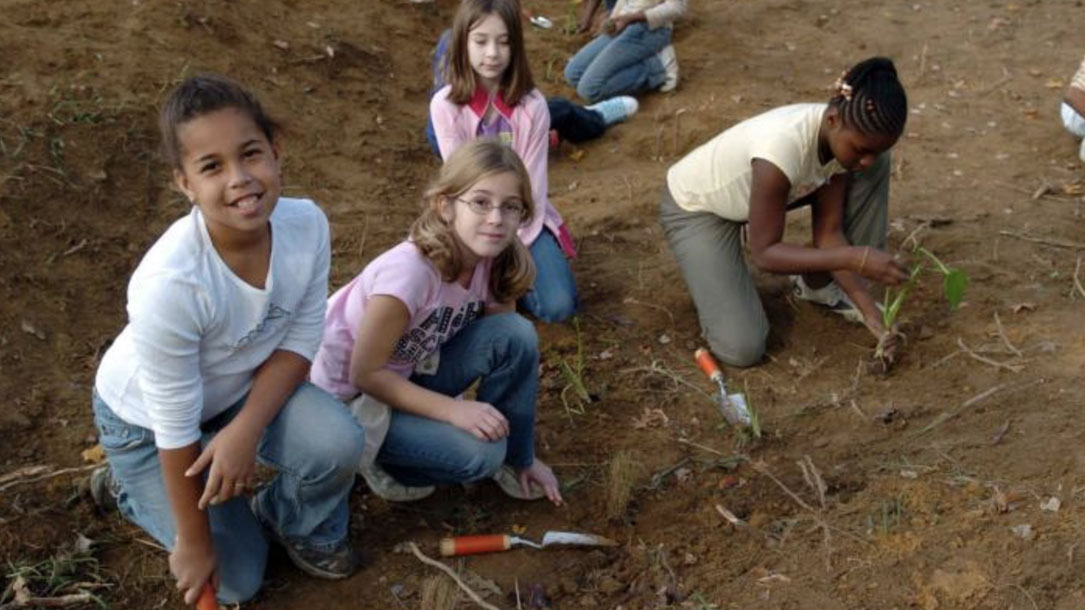
Report: Conserving and Restoring America the Beautiful
“A preliminary report to the National Climate Task Force recommending a ten-year, locally led campaign to conserve and protect the lands and waters upon which we all depend, and that bind us together as Americans.”
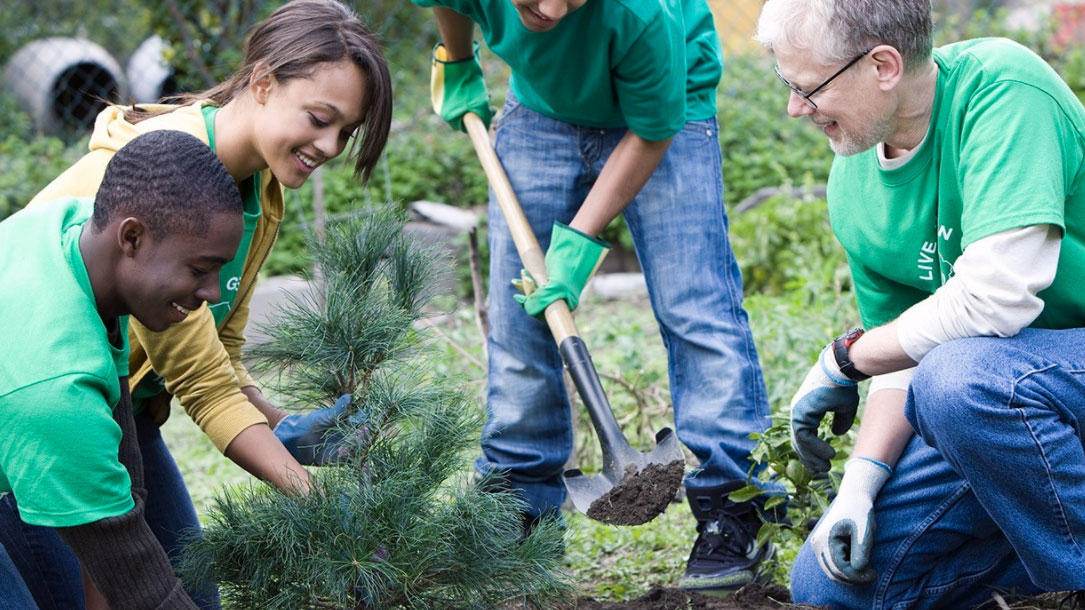
Using urban forestry to fight for environmental justice
Trees—and urban trees in particular—provide enormous benefits. For starters, they’re responsible for producing oxygen and removing CO2 and other pollutants from the air. Urban forests in the U.S. remove an estimated 75,000 tons of air pollution per year. They reduce the impact of falling rain and encourage that water to soak into the ground, reducing flooding and erosion as well as preventing pollution from entering waterways…
The U.S. Forest Service estimates that trees reduce the energy consumption needed to cool homes in the U.S. by more than seven percent…
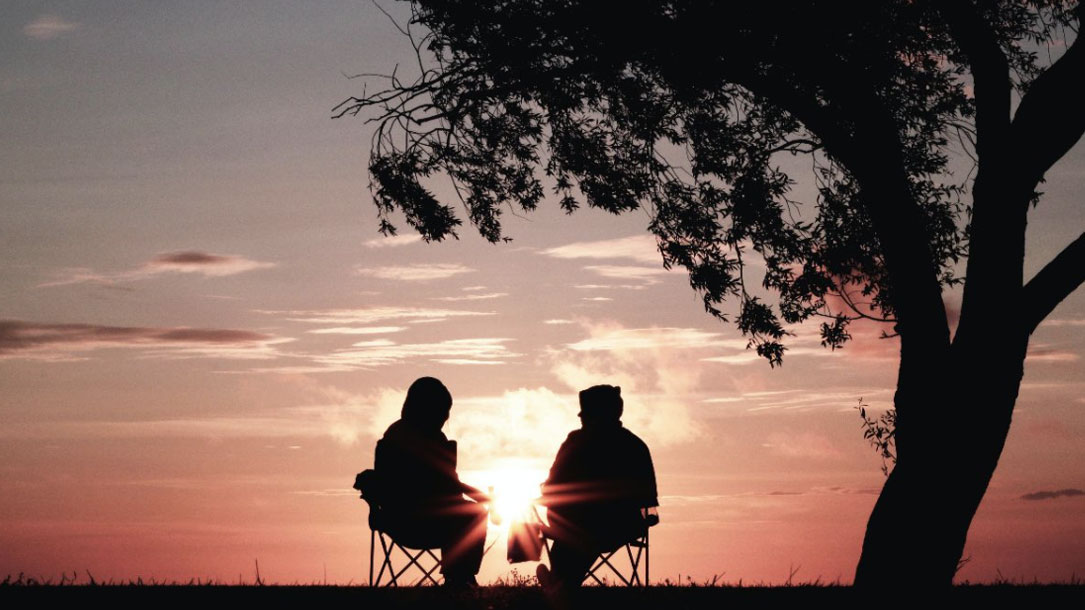
Six ways to stay balanced during the climate crisis
Know anyone stressed out about a warming planet? A surgeon and a psychotherapist offer advice on how to grow more resilient.
Research suggests that although there may be a genetic component, resilience is a function of a potpourri of factors, not a must-have gene, trait, or cultural determinant. Resilience also appears to cut right through social classifications of culture, race, class, gender identity, religion, and political affiliation. This knowledge that resilience is widely distributed is encouraging, as is the fact that it can be developed and nurtured…
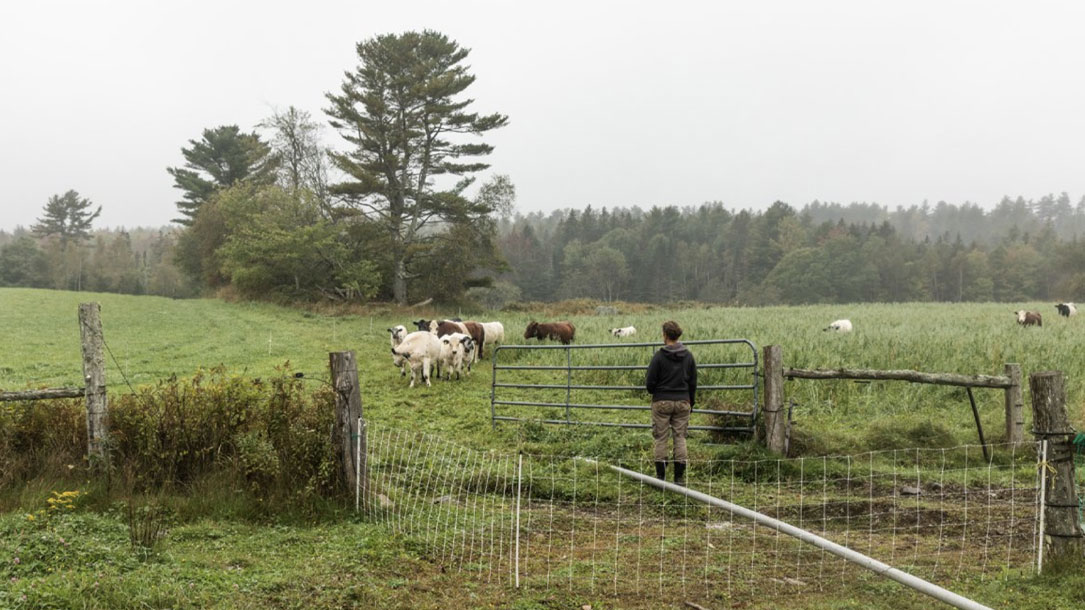
Maine farmers struggle with new, harsher climate reality
Tom Drew thought he’d seen it all. A dairy farmer of 30 years in Woodland, Maine, Drew has weathered an awful lot of change. On an overcast, chilly day last fall, he rested in his milking parlor.
As he leaned his large frame on the metal table, he recounted the history of the farm, his family’s attachment to the old jack pines out front. Like many small and medium-scale dairy farmers, remaining profitable is a challenge for Drew, and every day feels uncertain…

Reflections from Judy, March 2021
There’s some very encouraging climate change action these days. More and more, I’m seeing an integrated approach to how climate change can, and needs to be, addressed.
The same goes for the urgency.
The 30 x 30 initiative is (not surprisingly) strongly supported by land trusts and conservation organizations. Protecting land is what they/we do. The timing is important as there is increasing evidence that many of the lands and waters we are collectively working to conserve are near, or already at, a tipping point.
This will mean different land management practices that prioritize slowing down climate change as well as bolstering climate resilience. It will also mean conservation-oriented folks supporting community resilience and engagement, reducing the need for energy (energy conservation), and identifying how renewable energy is compatible with land and water. It’s not one or the other; it’s going to take an integrated approach that will entail conservation organizations stretching their perspectives to help pick up the pace and expand their partnerships.
Yet that won’t happen without you. Conservation organizations need to feel supported as they venture into new partnerships, try out new ideas, and tackle new approaches for both slowing down climate change and adapting to changing circumstances. Let them (or organizations you belong to) know you care and that you support an integrated approach. Help to lead.
When you share the challenges and solutions around climate change in a manner that connects with people’s shared values and with their communities you too are part of that change. That’s part of why I include the variety of articles below. Feel free to share them with people and organizations you know. Help them connect the dots. Frame the ideas as part of a solution-based approach.
As people who care, we need to continue to face the reality of climate change—and encourage solutions that will authentically reduce the use of fossil fuels and build healthy, and vibrant, communities.
Best,

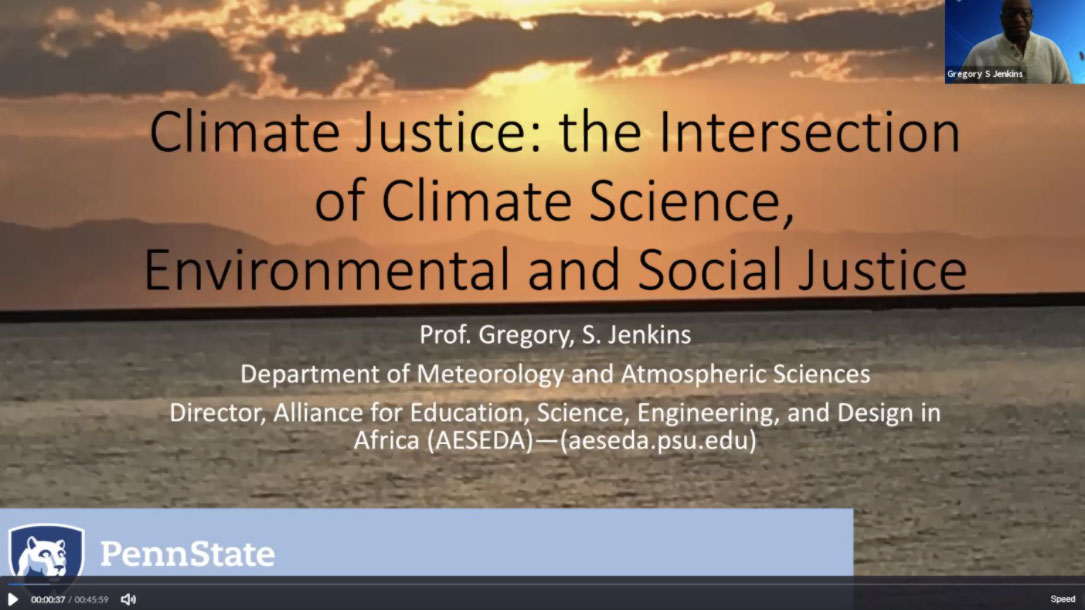
Climate justice: the intersection of climate science, environmental and social justice
The Earth System Science Center has announced the lineup for its spring 2021 Climate Dynamics seminar series. The series will focus on the cutting-edge climate research being conducted in the Earth and Environmental Systems Institute and the Climate Science dual-title graduate program in the College of Earth and Mineral Sciences at Penn State. The seminars, which are free and open to the public, take place from 11:15 a.m. to 12:30 p.m. on Wednesdays via Zoom.
You may appreciate listening to the webinar about climate change, environmental and social justice.












